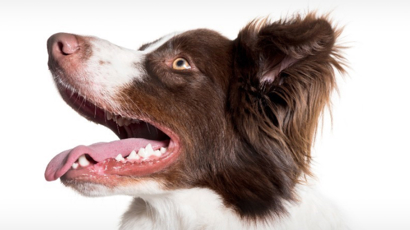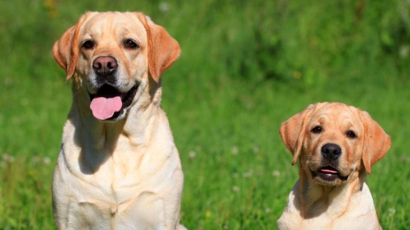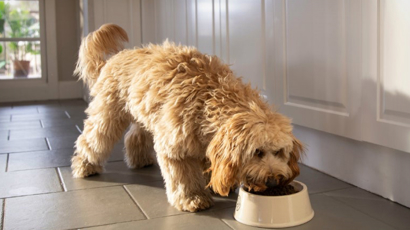Nutrition Tips for Small Breeds

Small breed dogs are unique. There’s no absolute rule, but dogs less than 15kg adult weight generally sit in this category, and they have not only distinctive (often larger-than-life) personalities, but also:
- Grow quicker: they reach their full size at a younger age than larger dogs
- Live longer: it’s not unheard of for small dogs to live well into double-digit ages
- Different bodies: their small stature, size and shape is one reason we love them so much
- Have a higher metabolism: they quite often possess an ‘on the go’ temperament, but their anatomy interlinks with the internal workings (or physiology) of their bodies
With all of this in mind, knowing that they’re unique in so many ways, we should recognise that they need different nutrition. Higher levels of protein, fat and essential fatty acids such as omega 3 and omega 6 is a good starting point, as are smaller, adapted kibbles, and sometimes even new and varied flavours and textures (dry and wet foods) will help them along the way.
Lets also remember that the way we feed small breed dogs should be considered. The Black Hawk products have feeding guidelines adapted to their smaller size, considering their metabolic needs and respecting their digestive capacity. By this, we mean realising that smaller dogs have different teeth, smaller stomachs and shorter intestines than larger dogs, and we need to adapt to these accordingly. Particularly if a small breed dog becomes ill, we should consider feeding small, frequent meals, for example.


